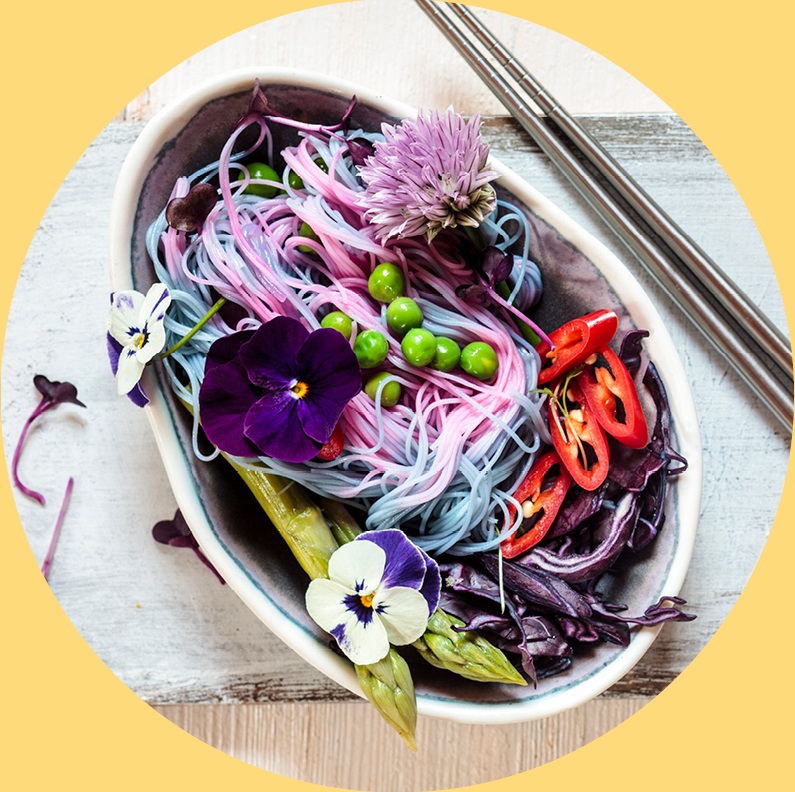
Ecovado: A Sustainable Avocado
Published 05 August 2022
As a way to mitigate the 9.5 billion litres of water used each day to grow avocados (World Economic Forum, 2020), Central Saint Martins graduate Arina Shokouhi has created Ecovado – a low-impact alternative boasting British-grown ingredients.
Ecovado: A Sustainable Avocado


Topics

Want to see the full report?
Offering access to over 350 consumer and cross-industry reports annually, Stylus Membership is your window to tomorrow’s most exciting opportunities.
We already arm more than 500 of the world’s most forward-thinking brands and agencies with the creative insights they need to make transformative business decisions.
We’d love to do the same for you.
Book a demo with us today to discover more.
More Reports From Stylus
More Reports From Stylus
Sector Outlook 26/27: Grocery Staples
The modern pantry has evolved into a vibrant repository of ingredients, driven by nourishing staples, compelling new flavours, health‑aligned upgrades, convenience‑led formats and more sustainable everyday choices. It’s also become a place where home cooks can shape their own food identity – expressing their values and...










